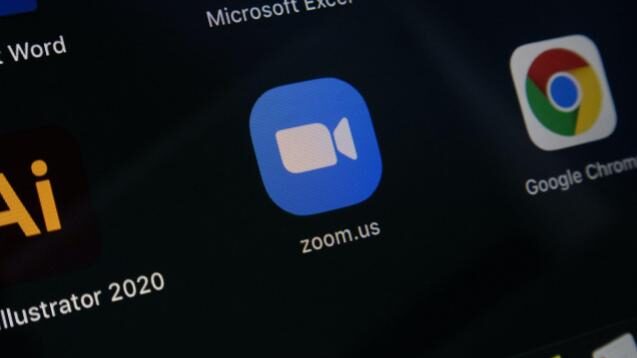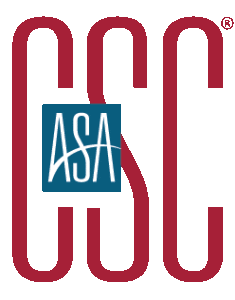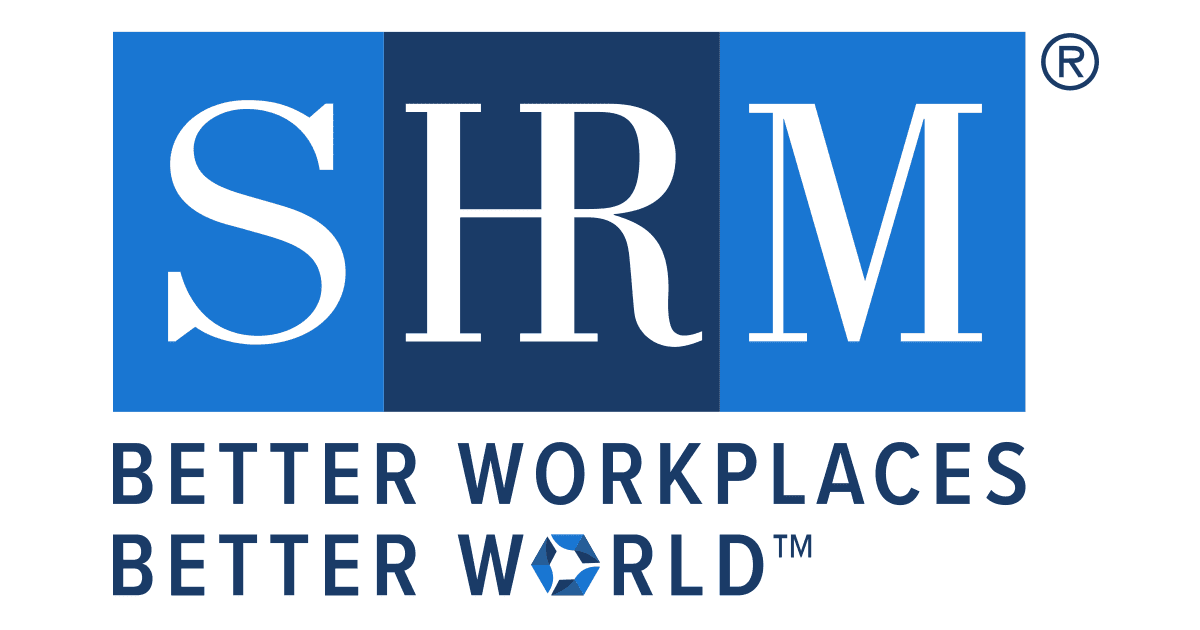Take your career to the next level with these recruitment trends we’re expecting in 2024. Competition these days isn’t easy, with growing numbers of qualified candidates seeking the same job openings every day. Recruiters are looking to hire someone who fits the job criteria and goes above and beyond. Moreover, modern day recruiters must review so many candidates and resumes that they are constantly finding new ways to discover the best candidate for the job. Keeping up with the latest recruiting trends means you’re putting yourself on these recruiters’ radar and highlighting the traits their organizations want to attract. Let’s explore the most important recruitment trends for 2024.

Candidate Flexibility
First and foremost, candidates need to remain flexible. In recent years, employers have become more flexible with hybrid work environments. Even with fully onsite roles on the rise, hybrid work will remain a noteworthy hiring trend of 2024. In 2024, it is now the candidates’ turn to show increased flexibility, particularly for onsite roles.
The workforce is changing, and forthcoming recruitment trends for 2024 indicate that carefully defined job roles may be on their way out. Organizations are seeking candidates who are willing to take on additional duties that may not necessarily be in the job description. For example, someone hired to the internal communications team may be asked to assist on projects alongside the marketing team if needed.
The latest recruiting trends expect employees to have a more diverse range of skills. Following 2024 recruitment trends, you should be cross-training to ensure you know how to fill more than one role. Becoming a well-rounded professional is key to getting hired in 2024. If you’re currently employed but preparing for a career change, consider talking to a coworker from another team if they’d be interested in collaborating with you on an upcoming project. This will allow you to put more diverse responsibilities on your resume, which will help you stand out in 2024.
Additionally, if you’re unemployed or struggling to build a 5-star resume that presents you as a well-rounded professional, keep up with 2024 recruitment trends by considering temporary work. By taking on short-term roles at various organizations, you’ll learn a variety of skills and how to be flexible – which is exactly what recruiters will be looking for. Partner with an experienced staffing agency to get personalized guidance and support navigating temporary or temp-to-hire work.
LinkedIn Networking
The latest recruiting trends indicate that LinkedIn networking is key. While LinkedIn has always been a great resource, with an overwhelming pile of qualified candidates, employers only notice the profiles that really stand out. As one of the first places a recruiter will evaluate a candidate, your LinkedIn profile must be up-to-date. Judging by the recent recruitment trends for 2024, if you don’t have a current and accurate LinkedIn presence, you risk being passed over.
Even if you’re not actively seeking a new role just yet, following hiring trends for 2024 will set you up for success if you do decide to make a career change in the future. For example, many professionals go above and beyond merely keeping their LinkedIn profile up-to-date. Some professionals are also building their own personal brand by reposting articles, commenting and showing their unique qualities and personality.
Additionally, LinkedIn recruitment trends for 2024 indicate the importance of doing your research. Many recruiters can only be putting a select few words into LinkedIn’s search function to find candidates, and you want your profile to top the list. Figure out which keywords are most important to the job descriptions of positions you’ve been applying to, and include those keywords throughout your profile. You can update your headline, bio and posts to reflect the most common recruitment searches.
To keep up with the recruitment trends of 2024, professional staffing experts can assist with coaching and development to candidates based on their expressed desires and career hopes. Whitman Associates follows the latest recruiting trends and provides employment services across various industries in both nonprofit and for-profit the sectors, allowing us unique insight into what employers are looking for in 2024.
Skill Set Certifications
It’s expected that hiring individuals with professional certifications will be a trend for 2024. These certifications are credentials earned after meeting certain criteria and passing an exam. Although you may already possess these skills from responsibilities in previous roles, with so many qualified candidates out there, employers want to hire someone with proven expertise. These certifications are treated as industry standards, and recruitment trends for 2024 show they’re becoming necessary to be hired for specific roles.
For example, earning a Project Management Professional (PMP) certification before working as a project manager is becoming an industry standard. This certification assesses the candidate’s ability to fulfill the role, such as establishing business priorities and managing other people. The best part? Often, employees with these certifications will get paid more in their roles.
Working with a staffing agency like Whitman Associates can boost you above your competition. It can be a challenge to keep ahead of the various recruitment trends for 2024 on your own. Our staffing experts can recommend improvements and give you informed job-search advice, including how you can take advantage of the latest recruiting trends like gaining relevant certifications. Email your resume to resumes@whitmanjobs.com.

























